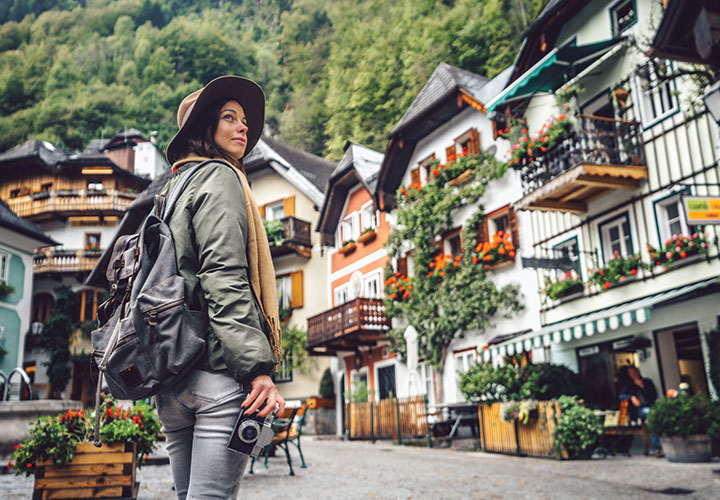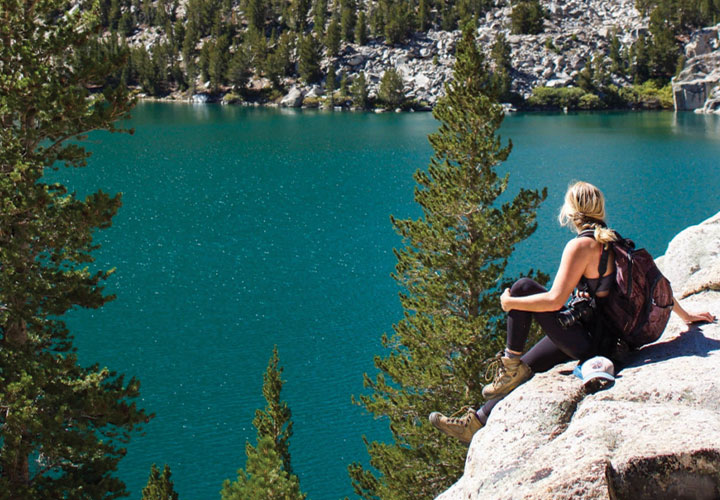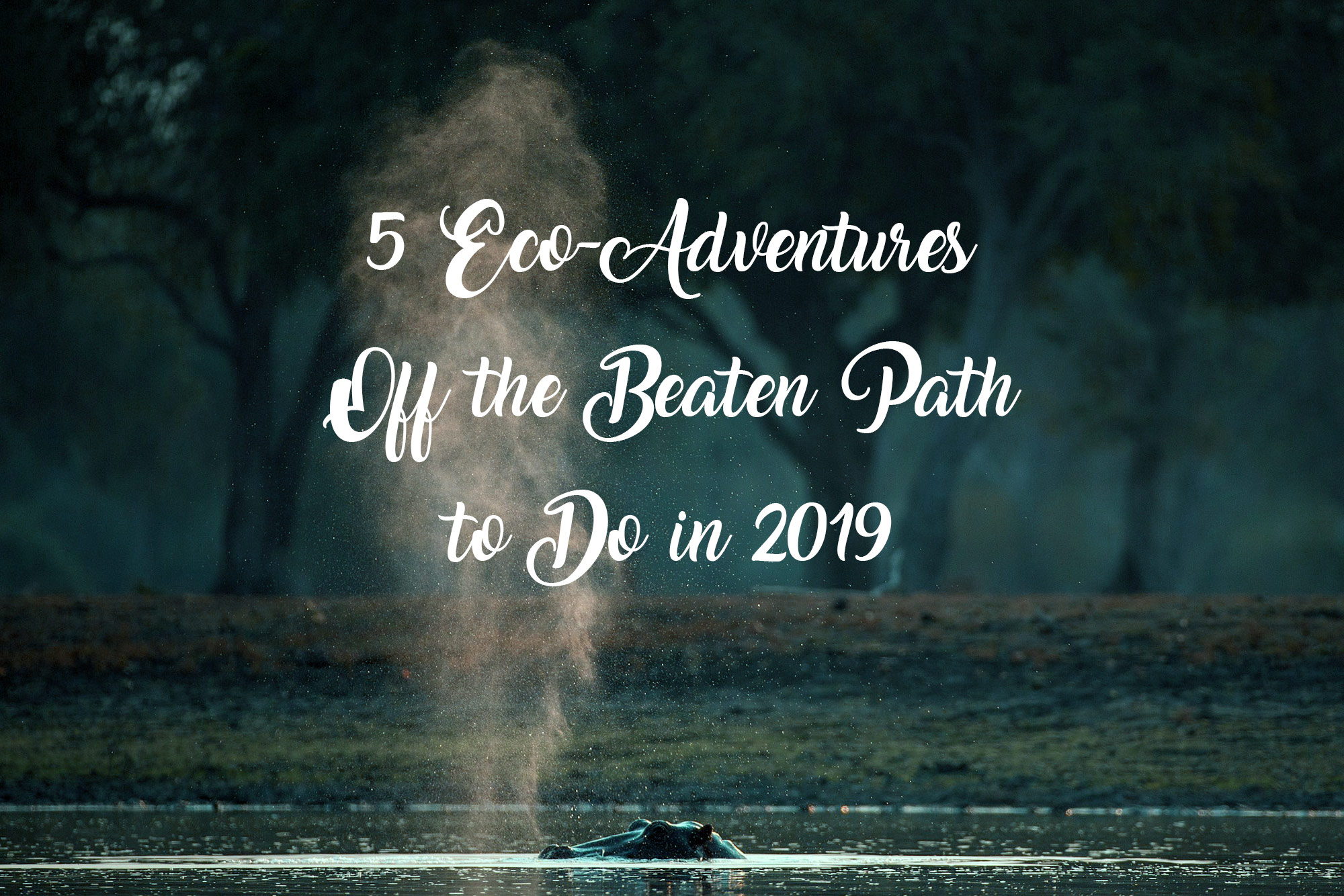Share This Article
According to a report by the World Travel & Tourism Council and Oliver Wyman
Sustainability in tourism is one of the key factors for creating positive change as a result of the devastating effects of the coronavirus pandemic. ‘To Recovery and Beyond: The Future of Travel and Tourism in the wake of Covid-19’ is a comprehensive evaluation of the way forward for the industry. It identifies four key pillars which offer opportunities to emerge from this time of crisis improved and more resilient. These are:
- Demand Evolution
- Health & Hygiene
- Innovation and Digitisation
- Sustainability
We are going to examine the latter two areas in this blog as they are most relevant to Wayaj as an online sustainability in tourism and travel platform. That is not to say that health & hygiene is not a critical area for future travel and one that also needs to be approached in a sustainable way.
The Covid crisis has created health, economic and social questions

It is an undisputed fact that the pandemic has had a catastrophic effect on the travel and tourism industry. Virtually the whole world has been in lockdown or told to stay at home. Air fleets have been grounded and people have been afraid to travel. The sector contributes 10% of global GDP and provides livelihoods for 330 million people (in in 10 workers) across the globe .
The disruption of coronavirus alongside the increasing climate crisis actually offers all stakeholders within the industry a unique opportunity to rebuild in a way which respects people (travelers, businesses, staff and communities) as well as the natural world and biodiversity.
Who will start to travel again first? Will they be influenced by sustainability in tourism.

It is likely that those less vulnerable to Covid-19, ie the young and less risk averse, will kickstart the travel revival. The trend to holiday more in one’s home country has started already and is likely to continue into 2021.
It will be important to devise the right offer to appeal to these type of travelers and connect with them through the appropriate communication channels.
Sustainability in tourism will drive longer, more meaningful vacations

People will do a lot more detailed research and planning for their future vacations. Of course, they will be mindful of hygiene protocols but there is also a trend towards discovering places off the beaten track. Destinations with greater authenticity, adventure and engagement with the local community.
People will probably take fewer but longer vacations, which should naturally reduce their carbon footprint. There is also a move towards reducing numbers of tourists in overcrowded destinations like Venice in Italy. But it is equally important that newer destinations are supported and geared up for receiving increased numbers of visitors.
Travelers are already demanding authentic experiences and are excited by being involved in protecting local communities and ecosystems. Hospitality businesses who work actively with their local community will foster win-win relationships for each other. They will also provide the immersive experiences which travelers are expecting.
The continued rise of digital innovation

There are some who say that the coronavirus pandemic has accelerated the digital revolution by 10 years. So many people are working from home, connecting with friends and family online and using social media increasingly as a research tool, particularly for travel wish lists. There is also the hygiene driven demand for contactless technology for payments and check-ins. This use of technology is only set to continue. Although there is a risk that less developed countries could be at a disadvantage if they do not have high quality internet infrastructures and investment.
Wayaj is perfectly placed to allow hospitality owners to showcase their sustainable practices and unique immersive experiences. Travelers are able to choose their ideal accommodation according to their personal sustainability preferences. They can even offset their carbon footprint using Wayaj’s CFC Engine.
Times of disruption offer opportunities for sustainability in tourism

Sustainability in all its forms (environmental, social and governance) has already been a disruptive influence before Covid-19 appeared on the scene. Climate change activism, anti-racism movements and a drive towards a circular economy have been accentuated during 2020 with the pandemic actually creating greater awareness and concern.
We have seen how the environment has been positively impacted during lockdowns but, conversely, how so many jobs in tourism-dependent countries have been lost. Natural habitats have also become vulnerable from loss of ecotourism income and increased poaching.
73% of consumers are taking note of brands that are making a difference during Covid-19.
Source: ‘To Recovery and Beyond: The Future of Travel and Tourism in the wake of Covid-19’
Global citizens are increasingly scrutinizing the companies they choose to buy from and engage with. This offers a very real opportunity to those businesses who have already adopted sustainable practices as well as new entrants. The travel and tourism industry has such a wonderful opportunity to do the right thing for protecting livelihoods and the environment which they are part of.
‘To Recovery and Beyond: The Future of Travel and Tourism in the wake of Covid-19’ report can be downloaded from the WTTC website.
Earth friendly traveler? For more information about discovering earth friendly accommodation, check out our website





